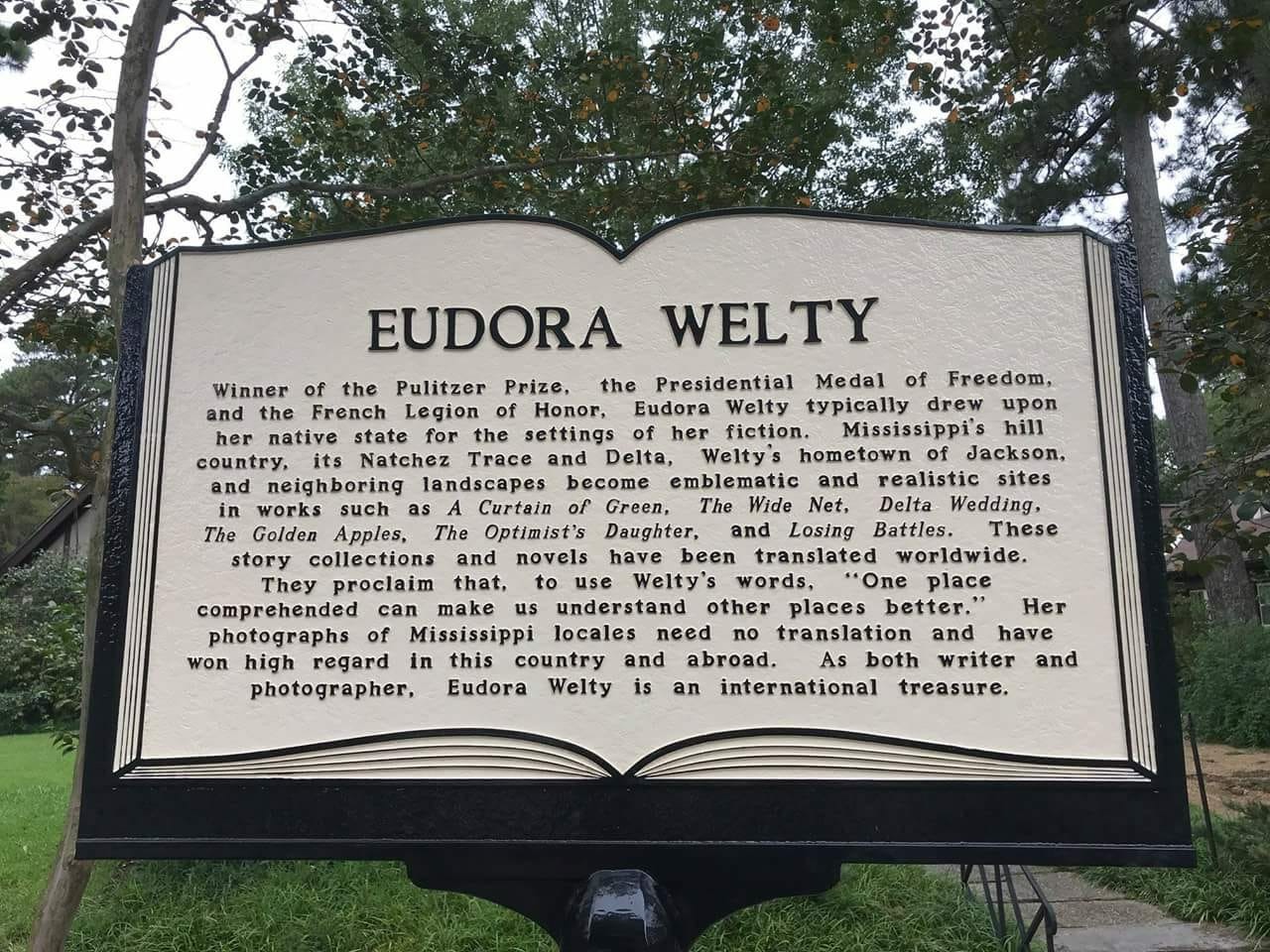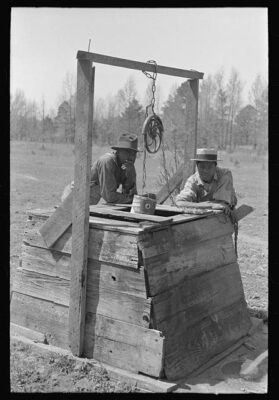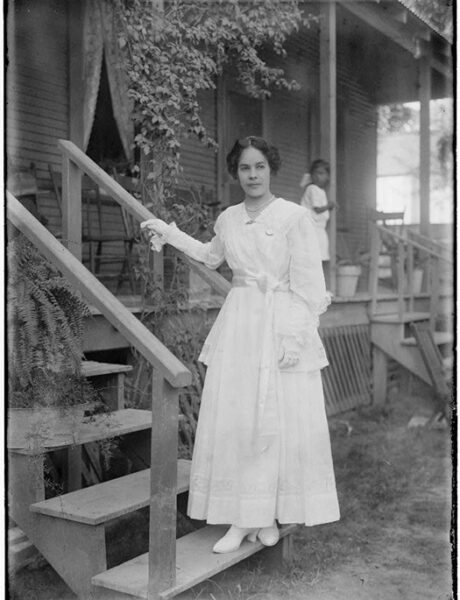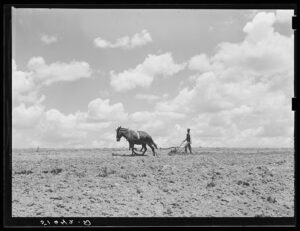Southern Legitimacy Statement: When we think of the south, those of us who are older remember sitting on porches to visit or to help others string beans when the crop was in. Our house, in southwestern Virginia, faced a street where we could watch cars pass, sometimes with people we knew and would wave to. The heat was something we’d grown used to, although the promise of a good breeze was welcome.
Morning glories opened and closed along the trellis near the swing. When I was a child, I liked to listen to what the grownups had to say. Much was about so-and-so who’d backslid from the church. I knew that meant having to start all over unless one chose or stay “lost.” For I sat in church with my grandmother, waving those popsicle fans with the face of Jesus knocking at a door. I sang Amazing Grace and learned the words. I learned to love words which would become a passion for me as they were for my grandmother.
Spell, Mississippi, she’d say. Although she had had little schooling herself, she prided herself on her spelling. A new pack of school paper was the best thing ever! I would write a story or a poem that would be all mine, something never to be taken away.
After Photographs by Eudora Welty: A Series of Poems
Child on porch / Hinds County / 1939
She reminds me of myself
propped on a bannister, barefooted
even if she might get splinters
from the planks on the porch.
A print dress like we all wore then.
Her blonde hair pulled back,
one arm around a post.
She seems to be thinking
of what to do in the heat and humidity.
I believe she has a large imagination
from the look on her face,
and will not settle for playing house
as many girls do. If she reads as I did
that is her escape from the small town,
and her mother will have to call
her twice to come string beans,
set the plates for supper.
Dolls / Jackson / 1930s
These two small black girls
look like twins, although
they are not dressed alike.
They hold identical dolls
with blonde hair.
When I was a child
in the 50s, my friend Erica
got a black doll for Christmas
as others had sold out.
Like my doll, it closed its eyes,
and had rooted hair.
Poor Erica, I thought.
Now I look at these two girls
and think what it must have been like
not to have had a doll in your own image.
What did they name them I wonder?
They are the mothers now,
and will take these babies
wherever they go.
They will put them to bed,
and when they hear their cries,
pick them up and rock them
until they sleep again.
Members of a Pageant of Birds, Farish Street Baptist Church / Jackson / 1930s
These women dressed as birds—
Cardinal, Yellow Finch, Canary, Blackbird—
you could be the bird you wanted.
They spread their wings,
lift their crown of feathers.
For now, they are moving down an aisle
one, then another toward Eagle
at the front, Peacock spreads its tail—
Baby Bluebird follows.
Last but not least,
the white Dove of Peace—
They are flapping, dipping,
hopping, turning, preening.
They have circled the congregation.
They are God’s chorus,
and soon they will fly to the heavens.
Nothing holds them back . . .
Baby Bluebird
is ready, has her feathers over her
outstretched arms. The sleeves
of the dress her mother
made, starched and flaring.
The hem of the dress touches
her white socks. She is determined
to get her part right, and knows
how to walk down the aisle leading
the mamma birds. She has practiced,
and when the music starts,
she’ll flap her wings, flying higher and higher,
no longer earthly.







